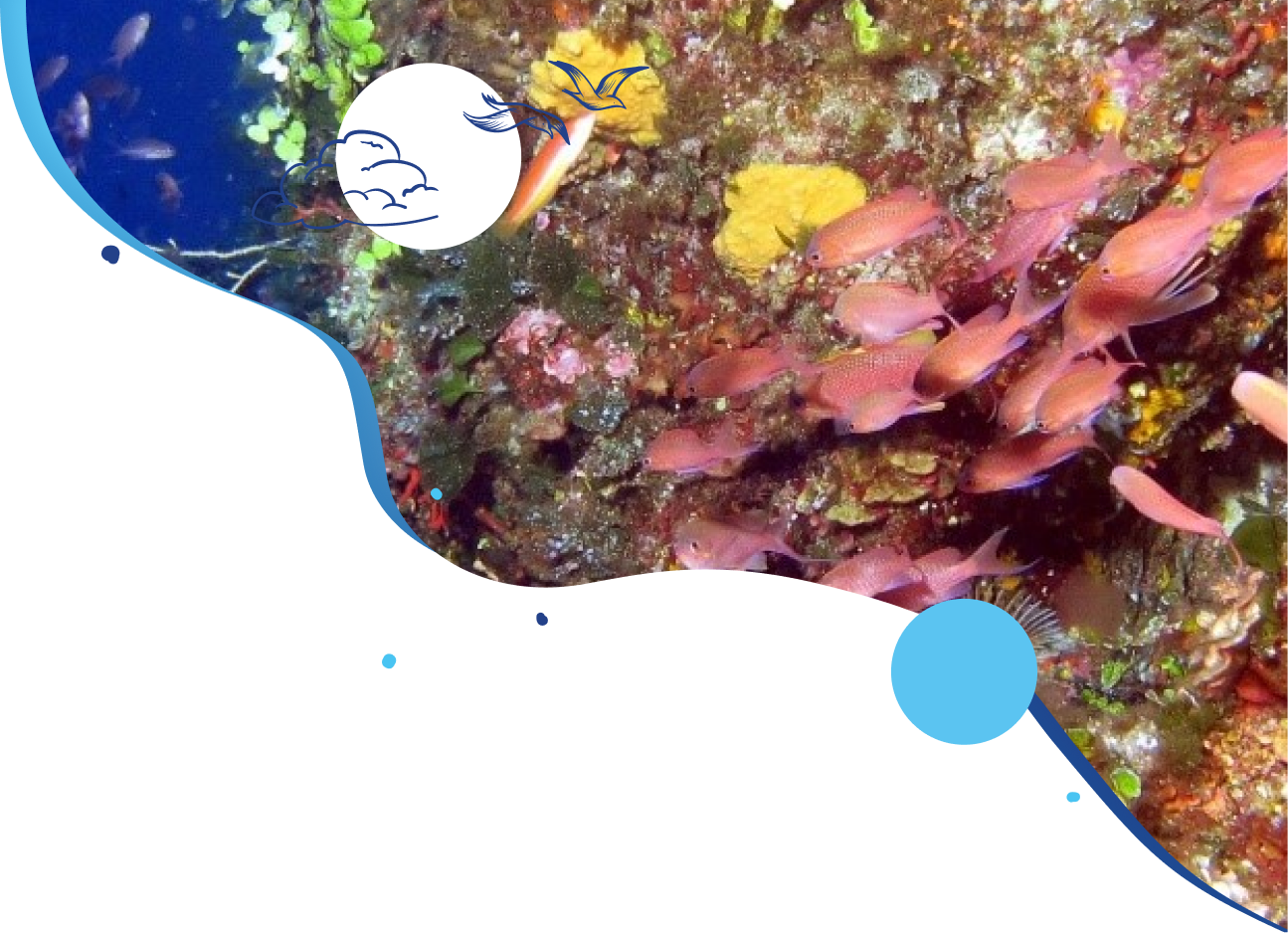Until now, marine fauna has mainly been monitored using techniques such as fishing, visual surveys by diving and underwater cameras and acoustics. However, these techniques are invasive, even destructive, and not exhaustive, as many species are not detected because they are stealthy, too small or rare.
Environmental DNA (eDNA) is a new technology that makes it possible to inventory aquatic biodiversity via DNA traces taken from the environment. All species constantly secrete fluids and cells containing DNA that can persist in the environment for several hours.
These eDNA traces are used to identify all the species of a given taxonomic group present in the environment studied using a specific technique.
The webinar will be devoted to presenting this analytical technique, the latest work carried out in the Mediterranean and the Vigilife approach.

